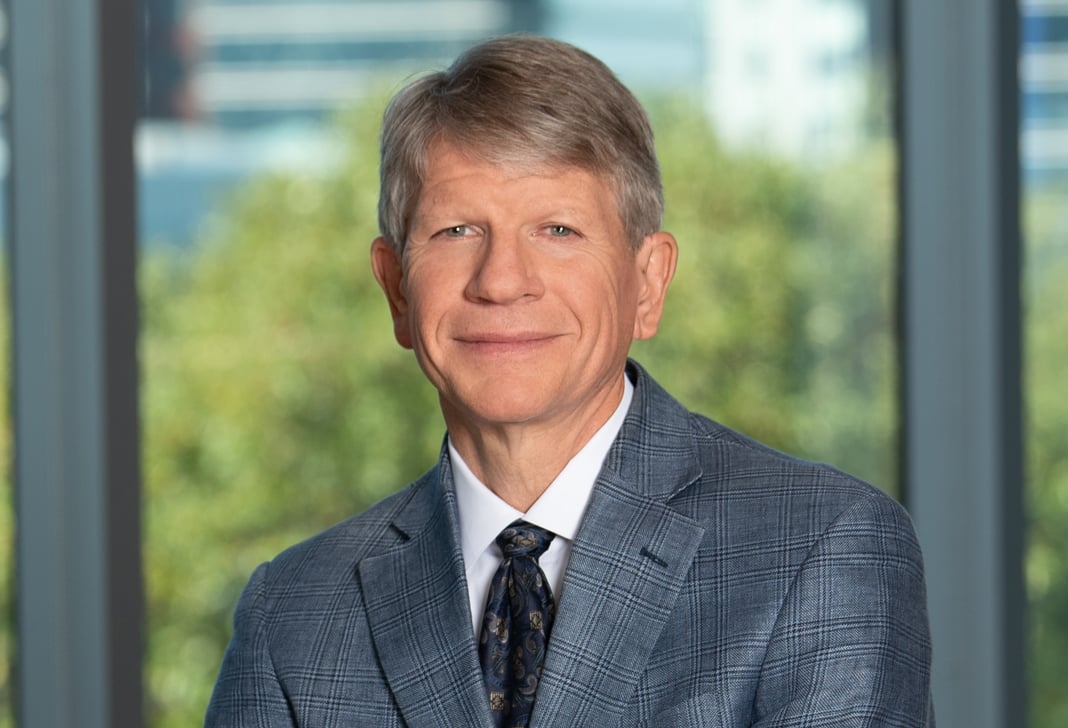Delaware Update: The Implied Standstill
On May 4, 2012, Chancellor Leo E. Strine, Jr. of the Delaware Court of Chancery issued a decision that put the spotlight on confidentiality agreement provisions limiting the use and disclosure of non-public information. Martin Marietta Materials, Inc. v. Vulcan Materials Co., C.A. No. 7102-CS (Del. Ch. May 4, 2012). Finding that Martin Marietta Materials breached its confidentiality agreement with Vulcan Materials when it commenced a hostile bid for Vulcan in December 2011 by using protected information in putting together its offer and disclosing such information when it was not entitled to, Chancellor Strine enjoined Martin Marietta from pursuing its bid and proxy contest for four months.
FROM FRIENDLY NEGOTIATIONS TO A HOSTILE BID
In 2010, Martin Marietta and Vulcan, the two largest domestic aggregates companies, began discussing a potential friendly merger. To keep their discussions and the information they exchanged confidential, Martin Marietta and Vulcan executed a non-disclosure agreement (“NDA”) in May 2010 with a two-year term. Subsequently, they executed a joint defense agreement (“JDA”) to allow them to exchange competitive information and evaluate potential antitrust issues. According to the decision, during the negotiation of both the NDA and the JDA, neither company suggested including an explicit standstill provision to prohibit unsolicited bids.
Vulcan had pursued discussions with Martin Marietta regarding a potential transaction several times over the years leading up to the NDA and JDA and was rebuffed by Martin Marietta each time. By mid-2011, the roles had changed; Martin Marietta was interested in a potential transaction, but Vulcan was not. Martin Marietta began to consider alternatives to a negotiated merger, including a hostile bid. On December 12, 2011, Martin Marietta sent Vulcan a public bear-hug letter disclosing the prior discussions and announcing that it was commencing an exchange offer and proxy contest to replace four members of Vulcan’s board. Martin Marietta also filed an S-4 and proxy statement, disclosing an in-depth history of the parties’ prior negotiations as well as certain information concerning potential synergies and divestitures. After the SEC documents were filed, Martin Marietta republished this information in various investor calls and presentations.
On the same day it launched its hostile bid, Martin Marietta filed suit in Delaware’s Court of Chancery to obtain a declaration that nothing in the NDA or JDA barred it from making a hostile bid or engaging in the proxy contest. Vulcan counterclaimed for breach of the NDA and JDA and sought a temporary injunction prohibiting Martin Marietta from pursuing its hostile bid or proxy contest.
THE DECISION
The legal arguments presented to the court focused on whether the terms of the NDA and JDA prohibited Martin Marietta from making a hostile bid using information it obtained from Vulcan during the prior negotiations, allegedly in violation of the non-use provision of the NDA. The terms of the NDA allowed the parties to use confidential information “solely for the purpose of evaluating a Transaction,” which was defined as “a possible business combination between [Martin Marietta] and [Vulcan] or one of their respective subsidiaries.” The JDA similarly restricted the parties’ use of confidential information.
Chancellor Strine dissected the terms of the agreements and ultimately determined, taking into account the plain language of the agreements, the history of the negotiations, the objective manifestations of the parties’ intent, and Martin Marietta’s apparent desire during the negotiations to prohibit disclosure of information to avoid being put “in play,” that the parties intended the confidential information to be used solely for a consensual transaction between the companies, and not for a hostile bid.
While Martin Marietta claimed it had not used any non-public information in consideration of its hostile bid, the court concluded that Martin Marietta used protected information about potential synergies, divestitures and other matters in forming its hostile bid, thereby violating the non-use provision in the NDA. The court also determined that Martin Marietta had breached the NDA and the JDA by disclosing protected information in SEC filings and other public statements. While Martin Marietta argued that it was “legally required” by SEC rules to make disclosures after it announced its hostile bid and proxy contest and that this type of disclosure was expressly allowed by the terms of the confidentiality agreements, Chancellor Strine drew a distinction between disclosures a party is compelled to make in response to a subpoena or other legal process and disclosures a party makes voluntarily as part of a hostile bid and proxy contest (even if legally required in connection therewith). Because the parties agreed in the NDA and JDA that a breach would constitute irreparable harm, the court granted the requested injunction.
THE IMPLIED STANDSTILL
In the litigation, Martin Marietta argued that if the non-use covenant in the NDA was broadly interpreted to prohibit Martin Marietta from engaging in a hostile bid, then most confidentiality agreements would effectively be deemed to include standstill obligations, regardless of whether an explicit standstill was in place. In short, Martin Marietta argued that Vulcan did not negotiate for a standstill and it should not be granted a contractual right for which it did not bargain. Chancellor Strine observed that the role of the courts is to respect agreements as negotiated and give companies confidence that they can rely on those agreements. In the court’s view, companies (especially competitors) would be less likely to consider potentially favorable business combinations if confidentiality agreements were not enforced strictly.
While the court took great care to parse each provision carefully with the help of a variety of sources, including dictionary definitions, M&A treatises, and other commentaries, it gave very little, if any, weight to perhaps the most important point, which is that two sophisticated parties (with sophisticated counsel) did not discuss or include a standstill provision in the NDA. From a practitioner’s standpoint, it is highly unlikely that counsel would forgo the most explicit contractual protection available against a hostile transaction in favor of a vague non-use covenant designed primarily to prohibit one party from competing with another using the other’s competitively sensitive information. While commentators in the past have given lip service to the possibility that a non-use covenant could be used as a pseudo-standstill, it has largely been an intellectual exercise that few, if any, potential targets would have been willing to test, given the stakes. But given that this is the most recent word from Delaware on the matter (but perhaps not the last, as the Delaware Supreme Court just granted an expedited appeal), this is another reminder that special care must be given to the drafting of non-use provisions.
Lawyer Contacts
For further information, please contact your principal Firm representative or one of the lawyers listed below. General email messages may be sent using our “Contact Us” form, which can be found at www.jonesday.com.







